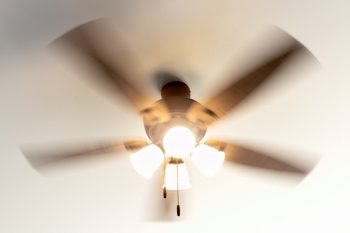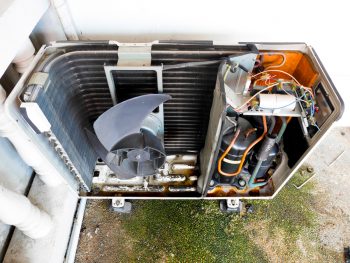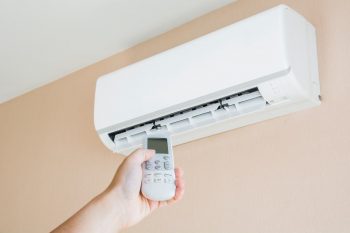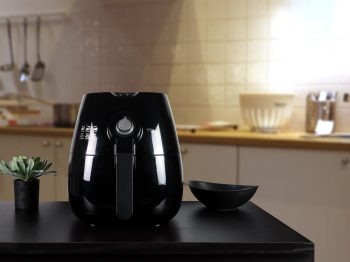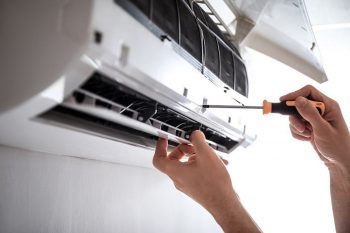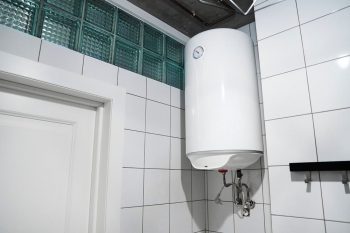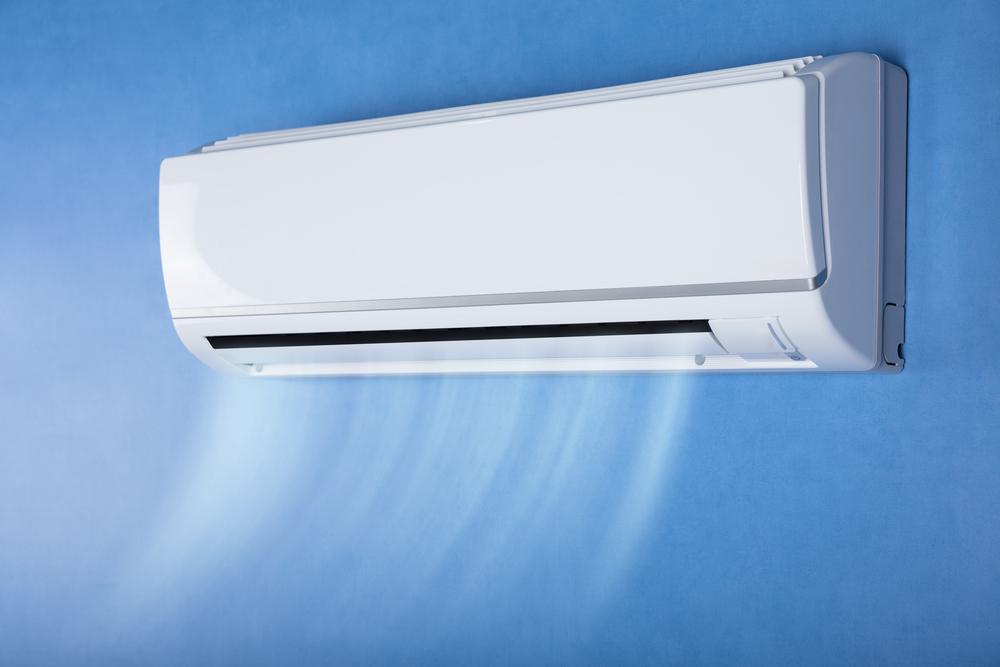
Choosing an air conditioner is a critical decision that can affect your comfort, energy bills, and environmental footprint. This comprehensive guide will provide you with all the information you need to make an informed choice. From understanding the different types of air conditioners to considering factors such as room size, energy efficiency, noise level, cost, and more, we’ve got you covered.
Choosing an air conditioner involves understanding the different types (central, ductless mini-split, window, portable, floor-mounted), considering the size and capacity needed for your space, checking the energy efficiency (SEER rating), and considering noise levels. Also, think about the cost, including the initial buying cost and ongoing running cost, and ensure the unit comes with a good warranty. Lastly, consider the reputation of the brand, the installation process, and the importance of regular maintenance and servicing.
Understanding Air Conditioner Types
There are several types of air conditioners available in the market, each with its unique benefits:
- Central Air Conditioner: Ideal for whole-house cooling, these systems are efficient and provide consistent temperature control.
- Ductless Mini-Split: These are energy-efficient, easy to install, and offer individual room temperature control.
- Window Air Conditioner: Suitable for cooling single rooms, these units are cost-effective and easy to install.
- Portable Air Conditioner: Ideal for cooling small spaces, these units are easy to set up and move from room to room.
- Floor-Mounted Air Conditioner: Suitable for rooms with limited wall space, these units can be used for both cooling and heating.
You can learn more about each type here.
Size and Capacity
The capacity of the air conditioner should be appropriate for the size of your room or house. Using an air conditioner room size calculator can help you estimate the required output power based on the room’s area, the average number of people regularly in the room, and its exposure to the sun. Generally, small rooms (100 to 250 square feet) require 5,000 to 6,500 BTU, while large rooms (350 to 550 square feet) require 9,800 to 12,500 BTU.
Energy Efficiency
Air conditioners are rated by their Seasonal Energy Efficiency Ratio (SEER), which measures cooling output during a typical cooling season divided by the total electric energy input. The higher the SEER, the more energy-efficient the system is. Check the SEER rating and look for the ENERGY STAR label for energy-efficient options.
Noise Level
Some air conditioners operate more quietly than others. If noise is a concern, consider models with lower noise levels or opt for a ductless mini-split system, which has its noisy components outside the house.
Cost and Warranty
Consider both the initial buying cost and the ongoing running cost of the air conditioner. Also, check the warranty offered by the manufacturer, including coverage for parts and labor.
Installation
Unless you’re opting for a window unit that you can install yourself, you’ll need to arrange professional air conditioner installation. Ensure that the new unit fits well with your existing ductwork and can be easily integrated into your home.
Maintenance and Servicing
Regular maintenance and servicing can improve efficiency, extend the system’s lifespan, reduce repair costs, improve air quality, ensure consistent comfort, protect warranties, reduce noise, and benefit the environment.
Choosing a Brand
Some reputable air conditioner brands include Lennox, Carrier, York, Trane, American Standard, LG, Ruud, Goodman, Amana, and Rheem. When choosing, consider factors such as energy efficiency, warranty, customer service, and your budget.
In conclusion, understanding the different types of air conditioners and considering factors such as size, energy efficiency, type, noise level, and cost will help you choose the best cooling solution for your home. Make sure to compare various models based on specifications, performance, customer reviews, and after-sales service feedback before making a decision. Proper installation and regular maintenance can also help increase the lifespan of the air conditioner.
Frequently Asked Questions
What is BTU and why is it important in choosing an air conditioner?
BTU stands for British Thermal Unit, a measure of heat energy in the Imperial system. In air conditioners, it refers to the amount of heat the unit can remove from a room per hour. A higher BTU indicates a stronger cooling capacity. However, it’s important to choose an air conditioner with the correct BTU rating for your space. An overpowered unit will cycle on and off frequently, wasting energy and reducing humidity control, while an underpowered unit will struggle to cool the room effectively.
How can I reduce the noise level of my air conditioner?
To reduce the noise level of your air conditioner, you can consider a few options. Firstly, ensure that your air conditioner is properly installed and maintained. A poorly maintained unit can produce more noise due to issues like loose parts or blockages. Secondly, consider investing in an air conditioner with noise-reducing features such as insulation, vibration isolators, or a variable speed fan. Lastly, the location of your unit can also affect noise levels. For instance, a wall-mounted unit may be quieter than a window unit as it isolates the noisy components outside.
What is the difference between a window air conditioner and a portable air conditioner?
Window air conditioners are installed in a window or a hole in the wall and vent hot air outside, providing efficient cooling to the room. They are generally more powerful and energy-efficient than portable units. Portable air conditioners, on the other hand, are standalone units that can be moved from room to room. They vent hot air through a hose that needs to be directed out a window, door, or other openings. They are often less efficient than window units, but their mobility offers flexibility.
How often should I service my air conditioner?
As a general rule, you should service your air conditioner at least once a year. Regular servicing will ensure your unit is running efficiently, prolong its lifespan, and identify potential problems before they become serious. Depending on the model and usage, some units may require more frequent servicing. Always follow the manufacturer’s recommendations.


